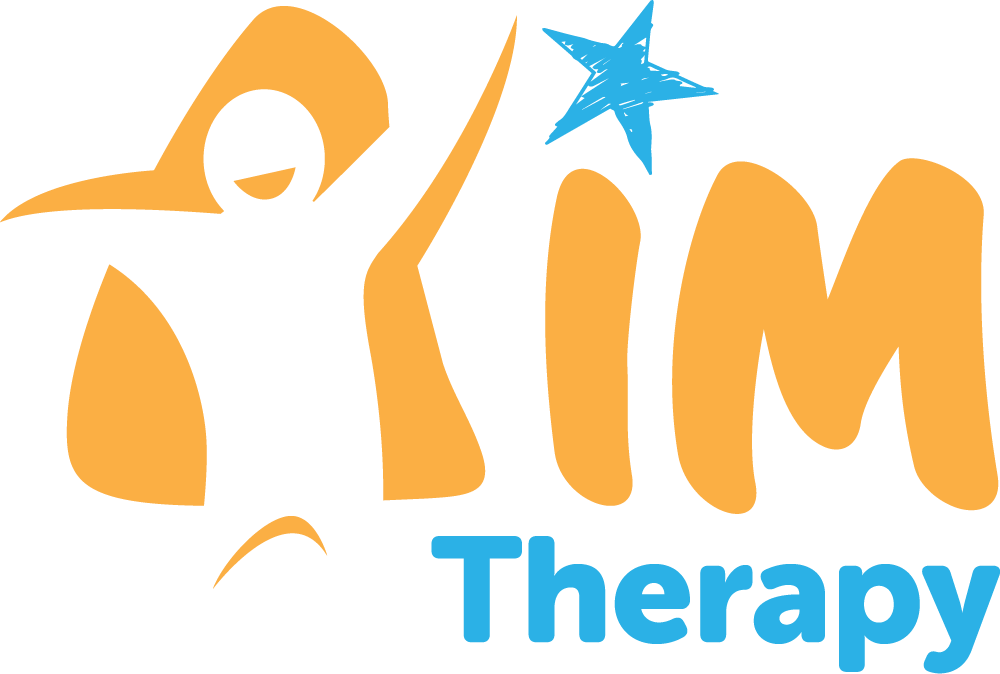Therapy and School Readiness: Building Essential Skills
Starting school is a big milestone, and ensuring your child has the right skills can set them up for success. At AIM Therapy for Children, our multidisciplinary team supports children in building the confidence, communication, and motor skills they need for a smooth transition into school and beyond.
1. Occupational Therapy: Functional skills for daily tasks
Occupational therapy focuses on helping children develop the skills needed for daily life and school tasks. This can include everything from fine motor skills (such as handwriting and using scissors) to supporting emotional understanding, sensory processing and executive functioning.
- Fine Motor Skills: Children need to develop hand-eye coordination and dexterity to write, draw, and use tools effectively. Occupational therapists (OTs) help children to develop a functional pencil grasp and build their fine motor strength and control.
- Self-Regulation: Understanding and increasing awareness of emotions support children to engage with lessons and peers. OTs can assist children in learning regulation techniques, such as appropriate sensory breaks, deep breathing exercises. OTs also identify and explore various strategies and supports to encourage organisation and attention skills to facilitate classroom engagement.
- Independence with Activities of Daily Living: OTs help children develop independence in tasks such as dressing, eating, and personal hygiene. This is especially important for children starting school, where they will need to take care of these tasks with reduced adult support.
2. Speech Pathology: Developing Communication Skills
Speech Pathologists work with children to improve their communication skills, supporting their interactions with peers, teachers and engaging in the classroom.
- Language Development: Speech Pathologists can support children who experience challenges with language comprehension or expression. This helps children follow instructions, engage in conversations, and comprehend classroom discussions.
- Articulation and Speech Clarity: Speech clarity challenges may result in difficulties for children to make themselves understood. Speech Pathologists work on articulation—helping children pronounce sounds correctly. This is vital in the classroom, where communication is essential to facilitating learning and friendship building.
- Social Communication: School is not just about academic learning—it’s also a place for social interaction. Speech therapy can help children understand social communication required to facilitate friendships, initiate conversations, and respond to social cues.
3. Physiotherapy: Enhancing Physical Abilities and Motor Coordination
Physiotherapy helps children improve their gross motor skills, strength, coordination, and overall physical abilities. These skills are essential for classroom activities such as sitting at a desk, moving around the school, and playing with their peers on the playground.
- Gross Motor Skills: Physiotherapists (PTs) help children develop the large muscle skills needed for activities like running, jumping, and climbing stairs. Strong gross motor skills are essential not only for physical education but also for the ability to focus during class. For instance, a child who struggles with balance may find it challenging to sit still at a desk for long periods. Physiotherapy can help improve coordination and balance, supporting better focus and engagement in school activities.
- Posture and Core Strength: Children who have weak core muscles or poor posture may struggle with sitting upright at a desk for extended periods. PTs can help children improve their posture and core strength, which in turn can reduce discomfort and improve focus during class time.
- Motor Coordination: Many school activities—such as catching a ball, tying shoelaces, or copying shapes on a worksheet—require good motor coordination. PTs can work with children to improve their hand-eye coordination, dexterity, and overall physical coordination, making these everyday tasks easier to navigate.
Whether it’s improving motor skills, enhancing communication, or supporting emotional regulation, AIM Therapy for Children can help ensure that your child has the tools they need to thrive. If you’re concerned about your child’s school readiness, contact us today on 08 6150 8339 or hello@aimtherapy.com.au, we’re happy to discuss and find the right support for your child.
